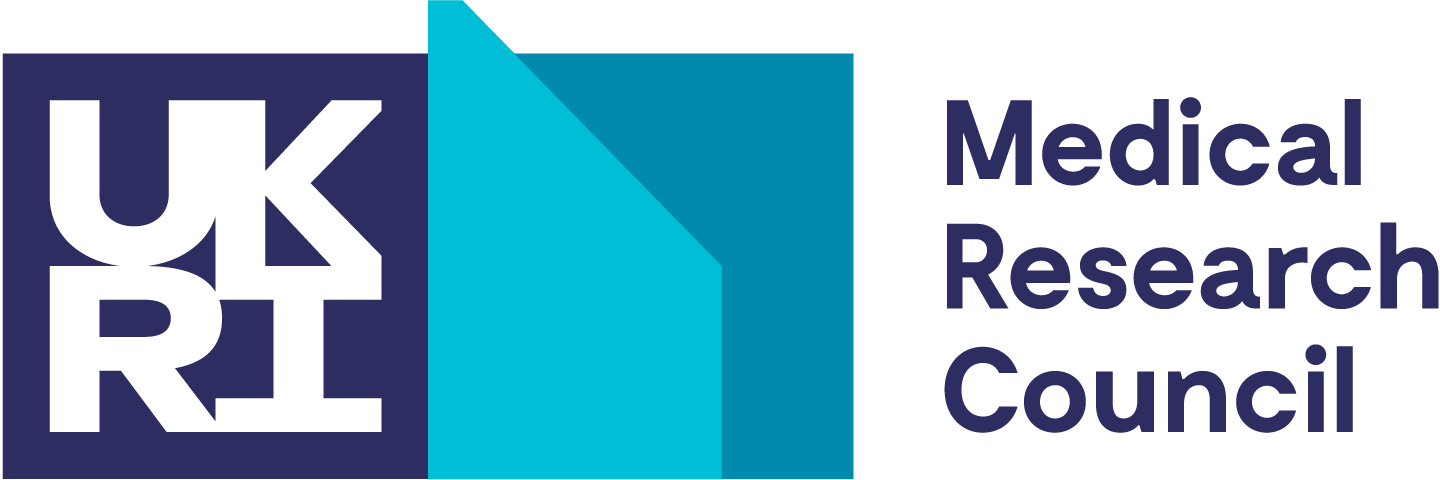Project Details
Description
One Health Water is a project taking a one health approach to understanding disease transmission from livestock to people via water. It addresses the potential drinking-water contamination risks to human health in rural sub-Saharan Africa, where people and livestock often live in close proximity.
Our researchers are working with colleagues from the Kenya Medical Research Institute (KEMRI), University of Southampton and VIRED International and are supported by the UK Government’s Global Challenges Research Fund.
Our researchers are working with colleagues from the Kenya Medical Research Institute (KEMRI), University of Southampton and VIRED International and are supported by the UK Government’s Global Challenges Research Fund.
| Short title | One Health Water |
|---|---|
| Status | Finished |
| Effective start/end date | 1/04/17 → 31/03/19 |
Funding
- MRC

Keywords
- Drinking water contamination
- Microbial source tracking
- Water safety plans
- Kenyan rural communities
- Cattle GPS tracking
- Water sources protection
- Sanitary risk assessments
- Sanitation safety plans
- Fecal contamination
- Water
- Sanitation
- Hygiene
- WASH
Fingerprint
Explore the research topics touched on by this project. These labels are generated based on the underlying awards/grants. Together they form a unique fingerprint.